When I read that the Obama Administration wants to regulate the Internet by having the Federal Communications Commission impose “net neutrality” rules, my immediate response is to be opposed.
Does my opposition to more regulation and red tape make me a knee-jerk ideologue?
I suppose so, though I think it’s simply a common-sense instinct.
After all, it’s very difficult to come up with a list of successful interventions by government. So I think my automatic aversion to regulation is akin to my automatic aversion to touching a hot stove. Simply stated, I can’t imagine a positive outcome.
But let’s be “open minded” and consider whether there’s some compelling reason to give politicians and bureaucrats power over the Internet.
This video from Reason TV is a very good introduction to the issue.
And since we’re citing Reason, here’s some of what Nick Gillespie wrote on the issue of so-called net neutrality.
The FCC specifically and governments generally have never been great at managing innovation. It works better when they stand aside and let it happen, as mostly happened with regard to the internet and web in the 1990s. …Net Neutrality and Title II reclassification are solutions to problems (blocking of sites! fast lanes that prevent new services from coming to market!) that don’t yet exist. Each “solution” gives the same government that is godawful at respecting privacy rights more power over the most revolutionary means of communication since the printing press. Really not a good idea from just about any perspective.
Recommended
And Grant Babcock from Reason warns that more regulation will give government more power and control over society.
…the federal government is attempting to use the Internet to build a global Panopticon, capable of accessing everyone’s personal information at any time for any reason or no reason. We also know that one way the government is trying to accomplish this is by securing the cooperation of private companies.…What we risk doing by ramping up the government’s regulatory authority over the Internet is to make it easier for the government to pressure ISPs, many of which are data custodians, to get what they want. …The threat to Internet freedom is government control. That means that if you care about liberty, you should oppose Net neutrality and Title II reclassification.
But there are reasons to oppose net neutrality even if you’re not a government-phobic libertarian.
Simply stated, more regulation will throw sand in the gears of innovation.
For instance, the prospect of more government control is leading companies to reconsider whether they should be investing more money in the sector.
The Wall Street Journal opines on the issue.
Randall Stephenson , the CEO of AT&T , …said this week that he’ll “pause” his company’s buildout of fiber networks to carry high-speed Internet to 100 or so cities. The reason: Uncertainty over whether the Federal Communications Commission will follow President Obama ’s public direction this week to regulate Internet service as a utility. …For his candor, Mr. Stephenson was attacked by the lobbyist for the Computer & Communications Industry Association that supports such regulation. …Even after six years of slow growth, the Obama crowd hasn’t figured out that punitive regulation reduces the incentive to invest.
Let’s close by looking at how political cartoonists are addressing the issue.
Nate Beeler has two excellent contributions. The first one asks whether we can trust the crowd in Washington.
And the second cartoon warns about what may happen once Washington has more power.
Ken Catalino think more regulation will cause a train wreck.
And Dana Summers is not optimistic about the impact on consumers.
Last but not least, Lisa Benson has a clever cartoon about an astute consumer being unhappy that Obama wants to intervene.
If you’re looking for the obvious lesson to be learned, J.D. Tuccille of Reason may have the best answer.
The best use of the FCC in the modern world—or, indeed, the world of decades past—is to hold a pillow over its face until it stops twitching. Once gone, it won’t be available as a bludgeon for ignorant (or opportunistic) politicians to use to inflict damage on a world they don’t understand (or don’t respect).
Indeed.
As this famous poster suggests, more government is only the answer if you’ve asked a very strange question.
P.S. I wrote back in 2012 that the federal government shouldn’t be involved in natural disasters.
Well, it seems that the bureaucrats at the Federal Emergency Management Agency are trying to prove my point.
FEMA has consistently been criticized for botching its disaster relief efforts. In the latest of a spate of scathing federal audits, the Government Accountability Office released a report raising serious concerns about how the agency keeps track of the way it spends its money.The report specifically focuses on FEMA grant money that has been directed to fusion centers across the country. …the auditors found that “to date, FEMA has not been able to accurately account for and report on the amount of funds it has provided to centers.” …In 2012, for example, states inaccurately categorized about $60 million in projects at the centers, the auditors said. …just this summer, the DHS IG reported that FEMA was still trying to collect Hurricane Katrina money from five years ago. And the same problems of offering up improper relief funding seem to be plaguing Sandy residents as well.
P.P.S. Just a few weeks ago, I wrote that libertarians and other advocates are right to worry about the “slippery slope” because governments have a tendency to abuse and expand any new powers they receive.
Here’s a Kafka-esque example of this phenomenon from the Wall Street Journal.
We knew the sprawling reach of Sarbanes-Oxley would eventually regulate untold corners of the Earth, but the law has now officially gone under water. …John Yates is the captain of the Miss Katie who was trying to hook grouper in the Gulf of Mexico in 2007. His boat was pulled over and inspected by a Florida Fish and Wildlife Commissioner who determined that the boat’s haul of some 3,000 fish included 72 undersized fish that didn’t meet the federal requirement of 20 inches for grouper. When Mr. Yates brought his boat to shore, federal agents counted only 69 offending fish; three were missing and unaccounted for. The discrepancy spawned an investigation by the National Oceanic and Atmospheric Administration, which hypothesized that the undersized fish had been thrown back into the water in an attempt to destroy evidence. A few years later federal agents apprehended Mr. Yates and charged him with destruction of evidence and violating Sarbanes-Oxley’s anti-shredding provision, which carries a maximum 20-year jail term.
Consider the implications of the government’s position on this issue.
The Justice Department has used Sarbox for all sorts of prosecutions, and its brief in the case asks the Justices to rule in its favor precisely because Sarbox is so flexible in its application. Yet this elastic interpretation could wreak havoc on all kinds of businesses faced with dilemmas over handling inventory even in a purely hypothetical investigation. Imagine a chemical company that has a spill. Best practices should counsel immediate cleanup, but under the incentives created by Sarbanes-Oxley the company could face penalties for cleaning up the spill—“destroying” evidence—that are worse than it would pay in environmental fines for failing to do so.
So the law creates a heads-they-win, tails-we-lose situation.
That’s messed up, but I’m even more worried about the dangers of giving politicians and bureaucrats unconstrained power.
And if you think I’m being a paranoid libertarian, read some of these examples and reach your own conclusions.

















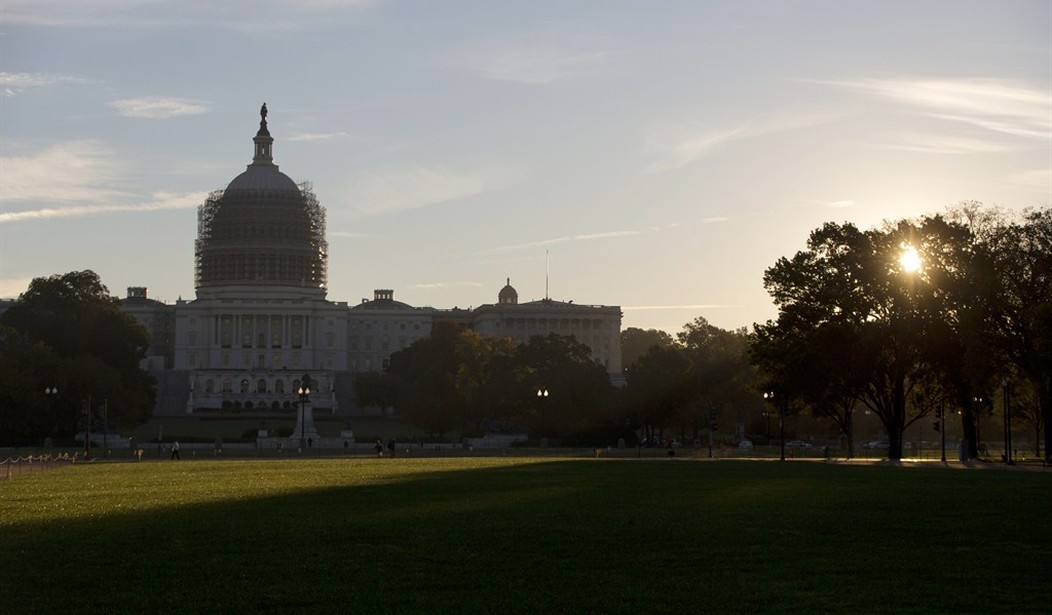

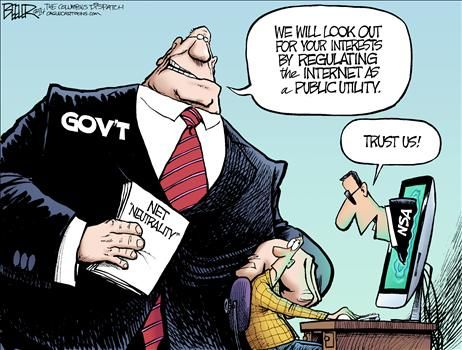
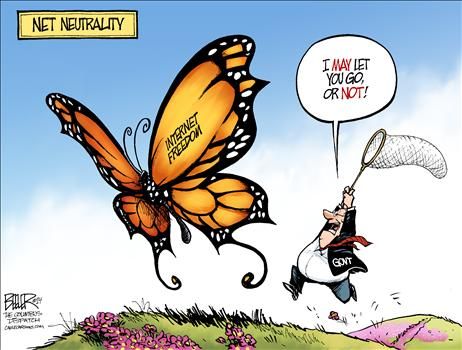
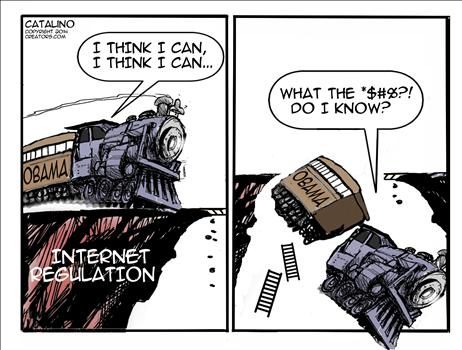
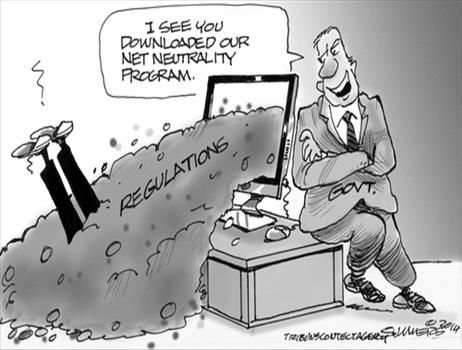
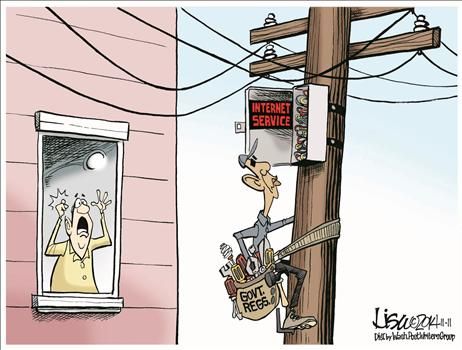






Join the conversation as a VIP Member